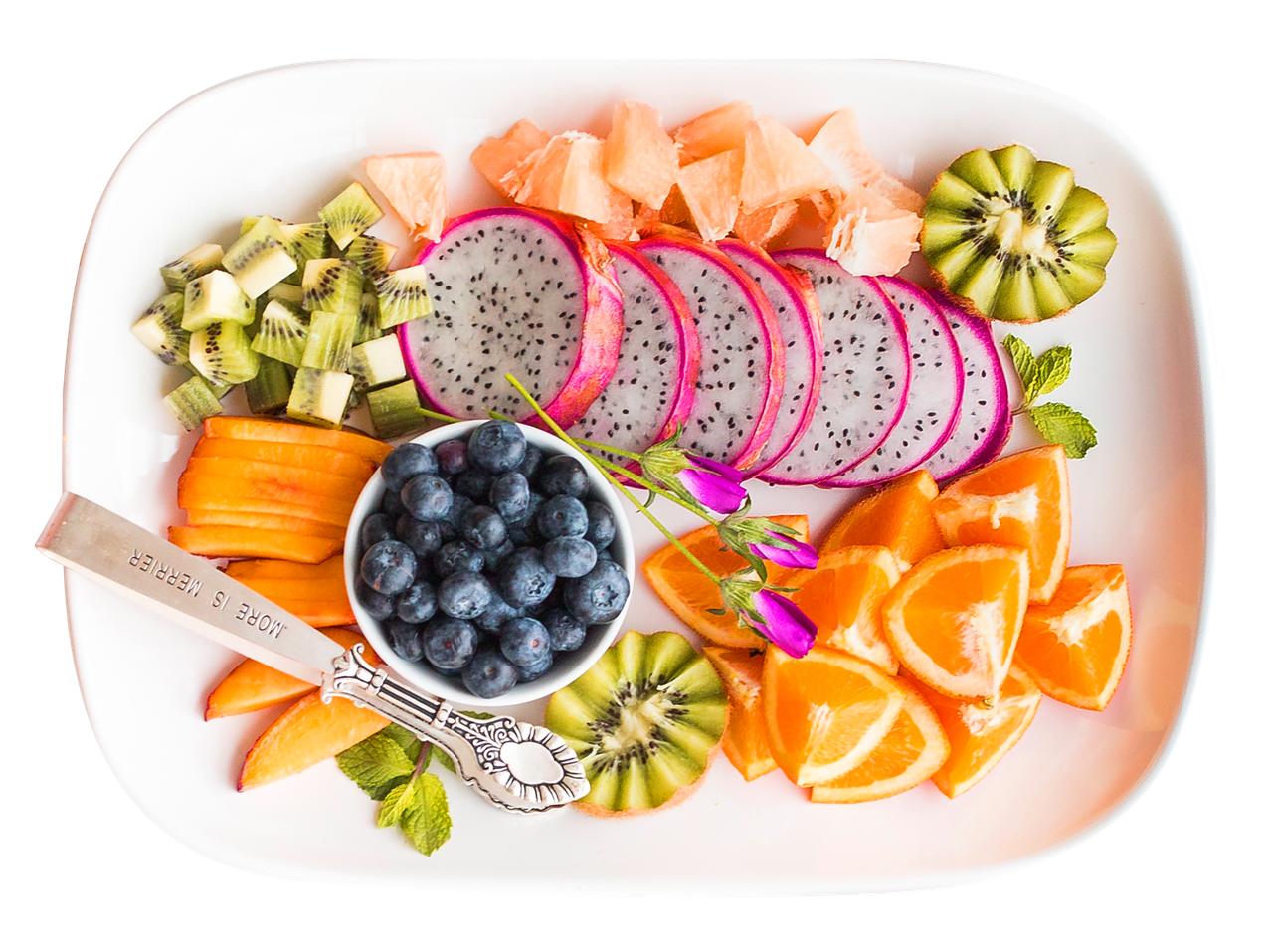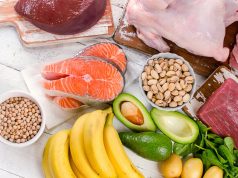In today’s fast-paced world, maintaining consistent energy levels can often feel like an uphill battle. Whether you’re juggling work commitments, family responsibilities, or personal pursuits, it’s all too easy to find yourself running on empty. The good news is that the secret to sustained vitality lies within your reach—right on your plate. By learning how to balance your diet, you can unlock the key to optimal energy levels and transform your daily life. This guide is here to support you on that journey, offering practical advice and empathetic insights to help you understand how the foods you choose can power your body and mind. Let’s embark on this path together, ensuring that you not only survive but thrive with each meal you enjoy.
Understanding Your Nutritional Needs
To maintain optimal energy levels throughout the day, it’s essential to understand the unique nutritional needs of your body. Everyone’s dietary requirements can vary based on factors such as age, gender, activity level, and health goals. However, there are foundational elements that apply to most people seeking a balanced diet for sustained energy.
- Complex Carbohydrates: These are your body’s primary energy source. Opt for whole grains, legumes, and starchy vegetables to ensure a steady release of energy.
- Proteins: Essential for muscle repair and growth, proteins also play a crucial role in satiety. Include a variety of sources such as lean meats, fish, tofu, and legumes.
- Fats: Healthy fats are vital for brain function and hormone production. Incorporate avocados, nuts, seeds, and olive oil into your meals.
| Macronutrient | Recommended Daily Intake (%) | Example Foods |
|---|---|---|
| Carbohydrates | 45-65% | Whole grains, Vegetables |
| Proteins | 10-35% | Chicken, Lentils |
| Fats | 20-35% | Avocado, Nuts |
Listening to your body is key. Pay attention to how different foods make you feel, and adjust your diet accordingly. If a certain food group makes you feel sluggish or overly full, consider tweaking your intake. Additionally, staying hydrated is critical for energy levels, so aim for at least eight glasses of water per day.

Choosing Foods That Fuel Your Body
To maintain optimal energy levels, it’s crucial to incorporate a variety of foods that nourish your body effectively. Focus on whole, nutrient-dense options that provide a balanced mix of macronutrients. Start by prioritizing complex carbohydrates like whole grains, legumes, and vegetables, which offer sustained energy release throughout the day. Avoid simple sugars and refined carbs that can lead to energy spikes and crashes.
- Proteins: Include lean proteins such as chicken, fish, tofu, and legumes to support muscle repair and growth.
- Healthy Fats: Opt for sources like avocados, nuts, and olive oil to promote brain health and satiety.
- Vitamins and Minerals: Ensure a colorful plate with fruits and vegetables to provide essential nutrients and antioxidants.
| Food Group | Benefits |
|---|---|
| Whole Grains | Slow energy release, high in fiber |
| Lean Proteins | Muscle support, energy boost |
| Healthy Fats | Brain health, long-lasting energy |
| Fruits & Vegetables | Vitamins, minerals, antioxidants |

Creating a Balanced Meal Plan for Sustained Energy
Designing a meal plan that keeps your energy levels stable throughout the day involves more than just counting calories. It requires a thoughtful balance of macronutrients and mindful food choices. To start, focus on incorporating a variety of food groups into each meal. Aim for a mix of complex carbohydrates, lean proteins, and healthy fats to provide a steady release of energy. For example, a breakfast of oatmeal topped with almonds and berries not only offers fiber and protein but also a splash of antioxidants.
- Complex Carbohydrates: Whole grains, legumes, and starchy vegetables.
- Lean Proteins: Fish, poultry, tofu, and legumes.
- Healthy Fats: Avocado, nuts, seeds, and olive oil.
Timing is also key to maintaining optimal energy. Consider having smaller, balanced meals every 3-4 hours to prevent energy dips. Here’s a simple example of a balanced meal schedule:
| Time | Meal | Example |
|---|---|---|
| 7:30 AM | Breakfast | Whole grain toast with avocado and poached egg |
| 11:00 AM | Snack | Greek yogurt with mixed nuts |
| 1:00 PM | Lunch | Grilled chicken salad with quinoa and olive oil dressing |
| 4:00 PM | Snack | Apple slices with almond butter |
| 7:00 PM | Dinner | Baked salmon with sweet potatoes and steamed broccoli |
Remember, hydration is just as important as the food you eat. Ensure you’re drinking enough water throughout the day, and consider herbal teas or infused water for variety. By paying attention to what and when you eat, you’ll be well on your way to maintaining energy levels that keep you feeling your best.

Practical Tips for Maintaining Consistent Energy Levels
Keeping your energy levels steady throughout the day can feel like a balancing act, but with the right strategies, it’s entirely achievable. Start by focusing on balanced meals. Each meal should contain a combination of carbohydrates, proteins, and healthy fats. Carbohydrates provide quick energy, while proteins and fats offer more sustained fuel. Consider including whole grains, lean proteins like chicken or tofu, and healthy fats such as avocados or nuts in your meals.
- Stay Hydrated: Water is crucial for maintaining energy. Dehydration can lead to fatigue, so aim for at least 8 glasses a day.
- Snack Wisely: Choose snacks that offer a mix of macronutrients. A handful of almonds or a piece of fruit with a bit of cheese can help keep your energy levels up between meals.
- Limit Caffeine: While a morning coffee can jumpstart your day, relying on caffeine too much can lead to energy crashes later. Try to keep it to a moderate amount.
To help visualize a balanced diet for optimal energy, here’s a simple table outlining sample meals:
| Meal | Components |
|---|---|
| Breakfast | Oatmeal with berries and a scoop of almond butter |
| Lunch | Grilled chicken salad with mixed greens, quinoa, and olive oil dressing |
| Dinner | Baked salmon with sweet potato and steamed broccoli |
By following these tips and structuring your meals thoughtfully, you’ll be better equipped to maintain consistent energy levels, helping you stay focused and productive throughout your day.








































